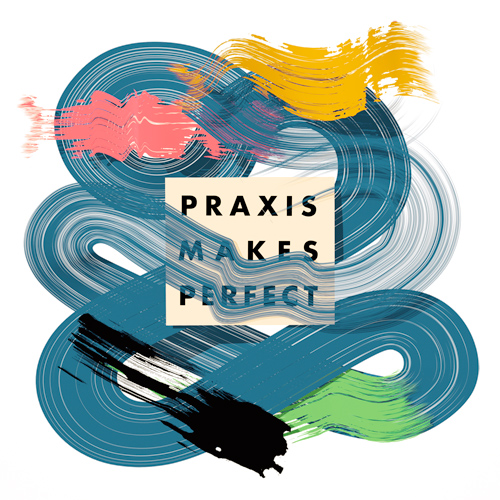When I win the Hugo Boss Prize, I’ll definitely thank the professors I met along my BFA and MFA way. Without them, I wouldn’t know how to dress for openings, patiently nod during boring conversation, or politely tell a student to shut the hell up. To me, it’s these small but important aspects of teaching and learning in the fine arts that are so important and inspiring.
As a youngster, it was much easier to identify the role of teacher. In elementary school, the teacher was the rickety old nun who didn’t let anyone go to the bathroom. She corrected our speech, like saying, “zero” instead of “oh” or, “I’m finished” instead of “I’m done.” In ballet school, the teacher was the Russian who barely spoke English and yelled a lot. She told me to turn out my feet when they were too parallel. She loudly clapped her hands to keep the beat of the melody that I apparently couldn’t hear or follow. In art school, the role was slightly different. There was encouragement and patience, not discipline and order. Aside from correctly identifying years on an art history test, there seemed to be no right or wrong answer from a student.
sisteract_I_3.jpg)
Google image search results for "Sister Act," from stardusttrailers.com.
The graduate school experience was practically a blur of power between student and teacher that, frankly, scared the shit out of me. Here was my typical thought pattern—directed at the professor—during my crit: “Why are you not saying anything? Don’t you like it? Isn’t it good?? This took me like, a week to make!! Aren’t you going to confirm how amazing I am?!?” By going through the system, I developed a type of confidence and independence in my thought process as well as a dependence on the thoughts of other artists whose opinions I valued. My professors and I have maintained close ties where I still manage to default into a scared and curious student in our e-mail exchanges.
Now that I’ve entered the gallery system, I’ve taken it upon myself to learn as much as I can from my dealer. Once again, I slyly observe the way he interacts with his people. I feel like Leonardo DiCaprio’s third-class character in Titanic when he’s invited to a fancy dinner by Kate Winslet’s first-class character. Leo doesn’t understand the rules of etiquette from how to shake another man’s hand to which utensils to use. Then the roles switch when Leo asks Kate if she wants to go to a “real party.” And then they switch again when she shows him her fancy footwork! Is this real life? Am I supposed to talk to a collector like I talk to my best friend? Should I thank a critic for reviewing my work? Do I sleep with that curator while he’s visiting from New York?? “Just be yourself” does not apply here. The audience for my artwork has dramatically changed, too, so the statements that my dealer makes during studio visits—those attempts at encouragement, patience, discipline, and order—resonate in a crazy new way.

Google image search results for "Titanic," from movieline.com.
I love learning and I love teaching, albeit informally to anyone who’ll listen. In a few weeks, I’ll be attending my second College Art Association conference in Los Angeles. I’ll listen to lectures, get my portfolio reviewed, and network my face off. I had the chance to teach an undergrad class for a few weeks when I was a teaching assistant in grad school. A year after the course, I ran into an undergrad from that class. He told me, “I learned stuff” without any impetus from me. It was the best day of my life.




